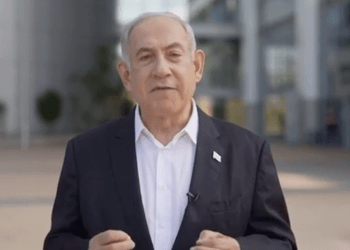The European Union (EU) has suspended all security cooperation with Niger following the army’s coup, which saw the head of the presidential guards unit, Gen Abdourahmane Tchiani, declare himself the country’s new leader. The US had previously expressed its support for ousted President Mohamed Bazoum, who was seen as a key Western ally in the fight against Islamist militants. The coup has raised concerns about the new leader’s alignment with other countries, as neighboring nations like Burkina Faso and Mali have turned towards Russia after their own coups. The EU, US, and France refused to recognize the coup leaders, leading to the suspension of security cooperation and budgetary aid. The African Union also called on the Niger army to return to base within 15 days.
Amidst these developments, the leader of Russia’s Wagner mercenary group, Yevgeny Prigozhin, reportedly hailed the coup as a triumph, describing it as the struggle of the Nigerien people against colonizers trying to impose their rules and keep the continent under outdated conditions. Wagner, which has thousands of fighters in African countries like the Central African Republic (CAR) and Mali, has been associated with human rights abuses in the region.
Gen Tchiani, the leader of the coup, had been in charge of the presidential guard since 2011 and cited insecurity, economic challenges, and corruption as reasons for seizing power. While life in the capital Niamey has largely returned to normal, the coup has drawn mixed reactions from Nigeriens, with some questioning the justification for the takeover, while others have expressed support. The coup marks the fifth such incident in Niger since gaining independence in 1960, and it adds to the wave of military takeovers that have affected the West African region in recent years, toppling governments in Mali, Guinea, and Burkina Faso.





